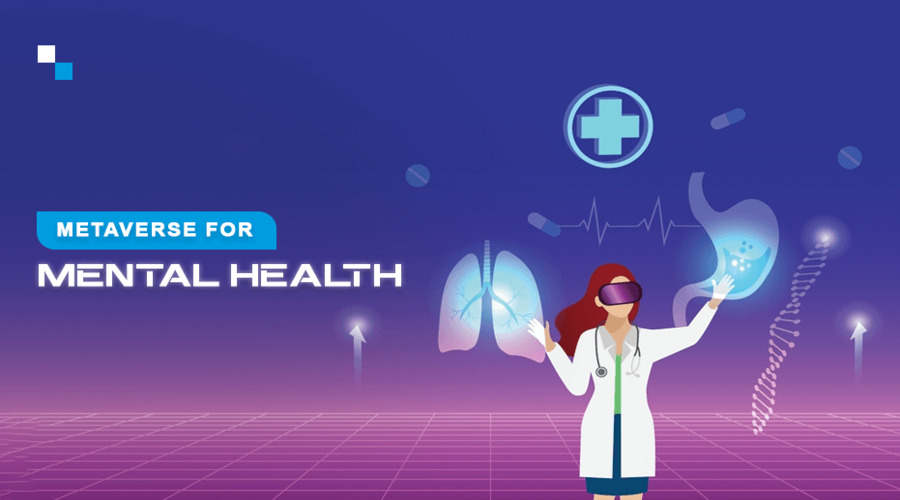The metaverse is the future of the internet, a virtual reality that offers limitless possibilities. It is a place where people can connect, create, and explore without the limitations of the physical world. However, the metaverse also poses unique risks to mental health, such as addiction, isolation, and the blurring of reality and fantasy. This article explores the opportunities and risks of the metaverse for mental health.
Introduction
The metaverse is the next frontier of the internet, a virtual world that promises to revolutionize the way we interact with each other and the world around us. With advances in technology and the increasing popularity of virtual reality, the metaverse is becoming more of a reality every day. However, as with any new technology, there are both opportunities and risks. In this article, we will explore the opportunities and risks of the metaverse for mental health.
What is the Metaverse?
The metaverse is a virtual world that exists parallel to the physical world. It is a collection of virtual spaces that are interconnected and allow users to interact with each other and with digital objects. The metaverse is not just a single platform or game, but rather a network of virtual spaces that can be accessed through various devices and applications.
Opportunities of the Metaverse for Mental Health
The metaverse has the potential to offer many opportunities for mental health. Here are a few of them:
1. Access to Mental Health Services
The metaverse could make mental health services more accessible and affordable for people who live in remote or underserved areas. Virtual therapy sessions could be conducted in the metaverse, allowing patients to access mental health services from the comfort of their own homes.
2. Social Connection
The metaverse could also provide an opportunity for people to connect with others who share similar interests, regardless of their physical location. This could be particularly beneficial for people who struggle with social anxiety or who feel isolated in their physical communities.
3. Creative Expression
The metaverse could be a platform for creative expression, allowing users to create and share art, music, and other forms of self-expression. This could be particularly beneficial for people who struggle with traditional forms of communication.
Risks of the Metaverse for Mental Health
While the metaverse has many opportunities for mental health, it also poses unique risks. Here are a few of them:
1. Addiction
The metaverse could become addictive, leading to people spending excessive amounts of time in the virtual world. This could lead to neglect of real-life relationships and responsibilities, as well as increased stress and anxiety.
2. Isolation
The metaverse could also lead to increased social isolation, as people may become more comfortable interacting with others in the virtual world than in real life. This could lead to feelings of loneliness and depression.
3. Blurring of Reality and Fantasy
The metaverse could blur the lines between reality and fantasy, leading people to become more disconnected from the physical world. This could lead to a detachment from real-life experiences and a reduced ability to cope with stress and challenges.
Conclusion
The metaverse is a complex and multifaceted technology that offers many opportunities and risks for mental health. While the metaverse has the potential to offer new forms of social connection, creative expression, and access to mental health services, it also poses risks such as addiction, isolation, and the blurring of reality and fantasy. As with any new technology, it is important to approach the metaverse with caution and to consider its potential impact on mental health.
